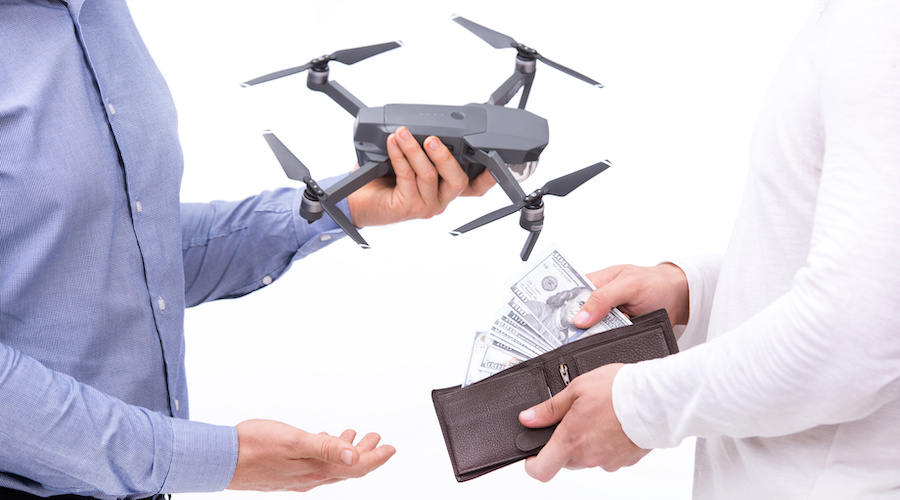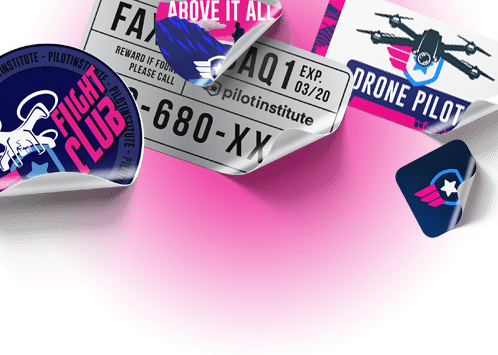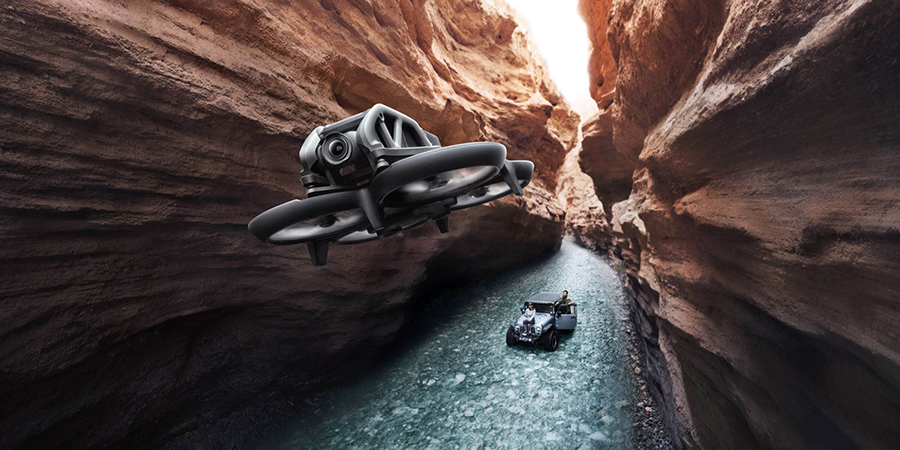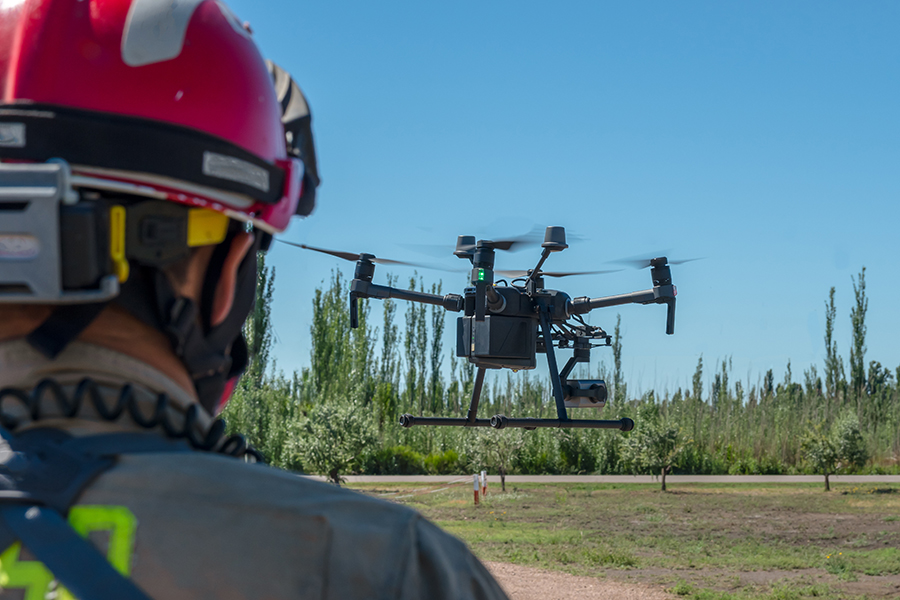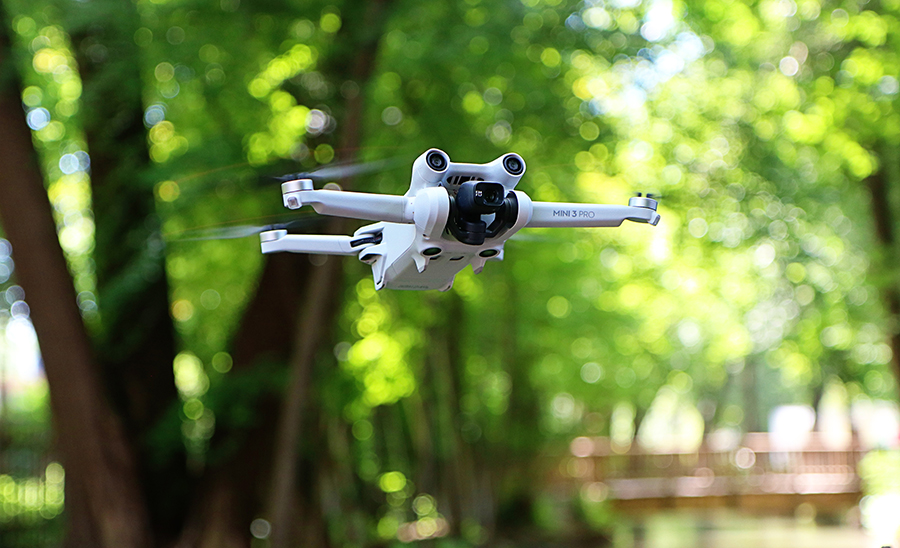According to the FAA rules, any drone that weighs between 0.55 and 55 lbs. need to be registered. This rule applies to both recreational and commercial users, although the registration requirements for commercial users are a little more expansive. This act of registration associates the identity of the drone pilot with the drone, thus creating a mechanism for accountability.
However, there may be times when “unregistering” the drone may be necessary. What circumstances will demand such an action? Should the circumstances apply to you, how do you go about with the deregistration process?
How to deregister a drone
The good news is that it’s really easy to deregister a drone. If you’re a commercial drone pilot, you only need to log into your account on the FAA DroneZone website. In the dashboard, click the option to “Manage sUAS Inventory.”
This should show you a list of all drones registered under that account. Navigate to the drone you’re selling and select the option to ‘Cancel’ that entry. This will remove the drone under your registration details. You will have to fill out a short form where you’ll need to explain why you’re canceling the registration.
Take note that you will still need to remove any marks of the old registration number on that drone before handing it over to the new owner.
What to do if you registered under recreational rules
Recreational drone pilots can sell their drones without having to deregister them. This is because the registration is not tied to the specific drone and can be used on multiple UAVs. However, there’s one last thing they need to do – remove the marks of the old registration number.
Quick review: recreational vs. commercial drone registration
Before we go into the finer points of deregistering a drone, it’s worth noting the difference in registration procedures between drone pilots who fly recreationally and those who fly commercially. Both these protocols go through the FAA DroneZone website. However, it’s easy to miss the subtle differences between the two.
Recreational drone pilots
According to the rules of “The Exception for Recreational Flyers,” recreational drone pilots only need to register their drones if they weigh anywhere between 0.55 and 55 lbs. The crucial difference in this process is that they only need to register with the FAA once, even if they own multiple drones.
This means that they only need to pay the $5 registration fee once. More importantly, they only need to provide their personal details to the FAA. The drone brand and model do not need to be specified. A single registration number will apply to all drones owned by a single drone pilot, as long as they are only used recreationally.
Part 107 drone pilots
The Part 107 rules apply to all commercial drone operations. According to these rules, all drones used commercially need to be registered with the FAA – even if they weigh less than 0.55 lbs.
Part 107 pilots are also required to register every single drone they intend to use for commercial operations individually. This means that they will have to pay the $5 registration fee multiple times and that they need to provide relevant details on each drone. A unique registration number will be assigned for every drone that a commercial drone pilot uses.
Regardless of the set of rules, all registered drones must be marked with their respective registration numbers. For recreational pilots, this means that the registration number will be common across all their drones. Commercial drone pilots will have to mark each drone with its corresponding unique registration number.
Why would you need to deregister a drone?
There’s really only one reason why anyone would want to deregister a drone – because they want to sell it. Just like other electronic devices, drones have massive resale value. However, the fact that a drone has to be registered means that the identity of the drone pilot is somehow tied to the drone. To maintain the system of accountability, a drone should be deregistered when it changes ownership.
However, the difference in registration rules between commercial and recreational drone pilots comes into play here. For commercial drone pilots, each drone is registered individually and is linked to the pilot’s identity. The same cannot be said under recreational rules. Recreational drone pilots only register as owners of the drones and do not provide any details about their drones.
This means that recreational drone pilots have no need to go through a deregistration process when they sell their drones. Commercial drone pilots, on the other hand, need to deregister a drone if it is going to be sold.
Final thoughts
Drone registration is a fairly simple matter and is an FAA requirement that’s easy to comply with. However, there’s a pretty big disparity between the rules for drone registration between recreational and commercial drone pilots. This significant difference extends to the need for the drones to be deregistered if they are to be sold.
If you registered your drone under Part 107 rules, keep in mind that you will have to go to your FAA DroneZone account to cancel the drone’s registration. Recreational drone pilots have no such obligation. In either case, you need to remove any marks of the old registration number on the drone before it changes ownership.
